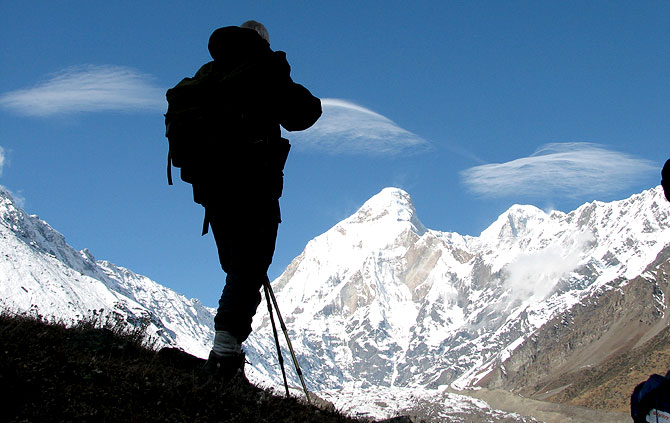
Wealthy travellers in China are increasingly looking beyond the ordinary holiday experience, falling under a category of travellers that Reuter Communications refers to as ‘experience- and adventure-seeking tourists’ or EASTs.
According to the luxury and lifestyle communications agency, the shift has had a variety of drivers, from a desire to connect with nature, broaden the mind and live healthily, to the increasing value of experiences, bragging rights and a desire to rail against the mainstream.
TV adventure shows such as Dragon TV’s Survivor Games and public figures like Wang Shi (chairman of China’s largest real estate developer Vanke) climbing Everest have also had some influence in normalising once improbable destinations.
Delving further into the trend, Reuter Communications highlights key areas where preferences are shifting.
First, hotspots for luxury shopping like Japan, Hong Kong, Taiwan and Paris are declining in popularity, while Colombia, Chile and Argentina have seen Chinese tourists increase by more than 20 per cent year-on-year. Ctrip also named Peru as its destination of the year in 2015.
Moreover, getting away from the mainstream is becoming a primary motivation, reinforced by the status that unconventional holidays now bring. These experiences are associated with positive self-development, and also project to other people the image of an extraordinary lifestyle.
Action sports are also becoming popular. According to a Citi Research report published in October 2016, sports tourism is the fastest-growing segment in China’s travel industry, due in large part to a desire to connect with nature, unplugging from screens and Wi-Fi, and getting active and healthy.
As well, with the market for jet-related industries in China estimated at US$152.3 billion, according to ABACE data, and charter jet companies offering easy access to private travel, the uptake in private jet charters across China are on the rise. Recent launches of refreshed first class cabins on major Chinese airlines and the growth of five-star cruises are also redefining first-class travel.
Amid these changes, luxury remain a coveted part of travel. “We are seeing a number of travellers balancing their trips between luxury and adventure. They might spend several days climbing in the foothills of Bhutan, but then they will head to a stunning resort like Amankora for indulgence and pampering,” said Lilian Lee, partner at Reuter Communications.




















